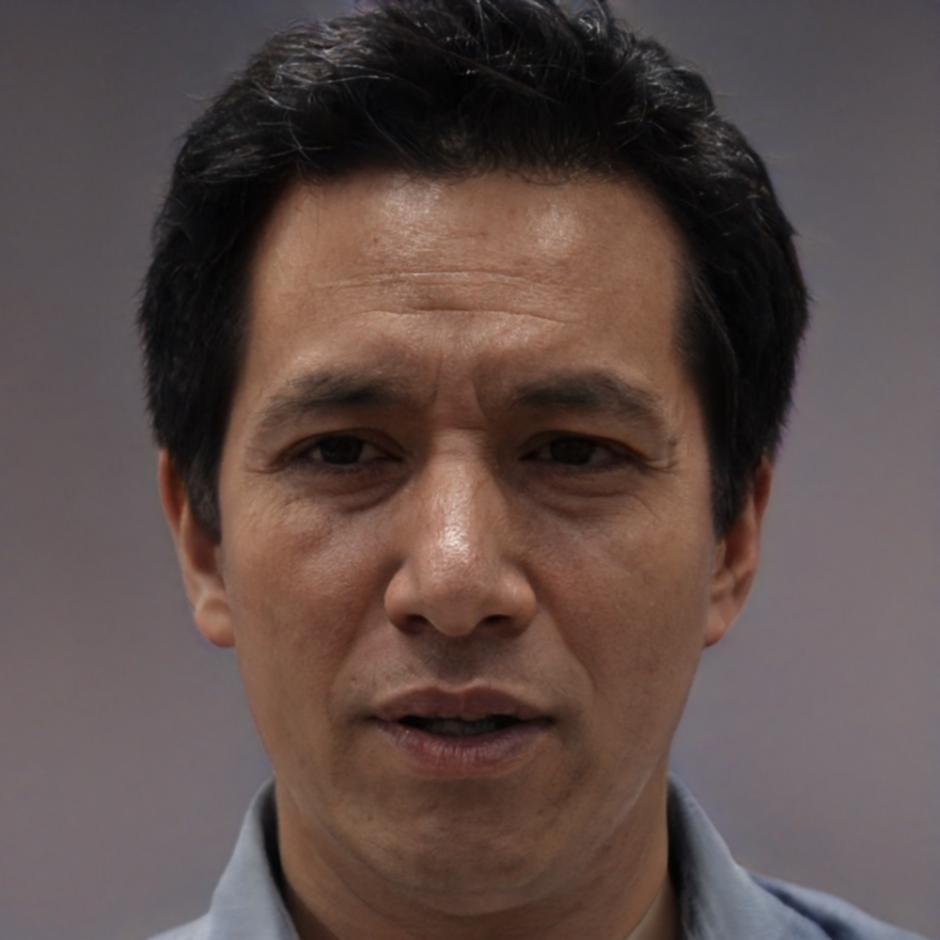Budget Strategy Mastery Program
We built this program after watching too many people struggle with spreadsheets that made things worse. Real financial control doesn't come from templates—it comes from understanding how money actually moves through your life.
What You'll Actually Learn
Four modules that build on each other. We start with the basics because most budget advice assumes you already know stuff that nobody taught you.
Money Flow Fundamentals
Weeks 1-4
Before you can control money, you need to see where it's actually going. And I mean really see it—not just checking your bank balance and hoping.
- Tracking without feeling micromanaged by your own system
- Finding patterns in irregular income and expenses
- Building categories that reflect your actual life
Strategic Allocation
Weeks 5-8
This is where most people get stuck. You know what you spend, but deciding what you should spend feels impossible when everything seems important.
- Priority frameworks that work for Malaysian costs
- Balancing fixed commitments with variable reality
- Creating buffers that actually protect you
Scenario Planning
Weeks 9-12
Life doesn't follow your budget. Your car breaks down. Someone gets sick. Learning to plan for the unplannable changes everything.
- Building flexible response systems
- Emergency preparation without paranoia
- Adapting budgets when circumstances shift
Long-Term Integration
Weeks 13-16
The final piece connects daily decisions to bigger goals. Because budgeting isn't just about this month—it's about building something sustainable.
- Connecting short-term actions to long-term plans
- Maintaining systems without constant attention
- Recognizing when your budget needs evolution
Realistic Outcomes We've Seen
These numbers come from our 2024 cohort. Results vary—some people make faster progress, others take longer. What matters is consistent improvement.
Participants reported better understanding of their spending patterns within first 8 weeks
Median amount participants redirected toward goals after completing program
Average time participants maintained their budgeting systems post-program

Real Progress Takes Time
Rajesh joined our October 2024 program feeling overwhelmed by debt and irregular freelance income. He didn't suddenly become debt-free, but he built a system that gave him control. By February 2025, he had consistent tracking habits and a buffer that let him handle slow months without panic.
Alina came from a corporate background but struggled with personal finances. The program helped her recognize patterns she'd been missing for years. She now manages household expenses with clarity—something she genuinely didn't think was possible for her.


How the Program Actually Works
We designed this to fit around real life. Weekly modules release on Mondays, with small group discussions on Thursdays. Everything's recorded if you miss sessions.
Assessment and Setup
First week is all about understanding where you're starting from. We'll help you gather your financial data—bank statements, bills, whatever you've got. No judgment, just clarity.
- Personal financial snapshot assessment
- Tool selection based on your preferences
- Initial category structure setup
Weekly Learning Cycles
Each week introduces one concept with practical exercises. You'll spend maybe 3-4 hours total—watching lessons, doing assignments, and discussing with your group. The work happens in your actual budget, not theoretical examples.
- Video lessons under 20 minutes each
- Practical assignments using your real data
- Small group sessions for questions and troubleshooting
Personalized Feedback
Every two weeks, you'll submit your progress for review. Our instructors look at your actual work and provide specific guidance. This isn't generic advice—it's tailored to your situation.
- Written feedback on budget structure
- Suggestions for specific improvements
- Optional one-on-one consultation if needed
System Refinement
Final month focuses on making everything sustainable. We help you identify what's working, what isn't, and how to adjust. By the end, you have a system that fits your life—not someone else's ideal.
- System simplification strategies
- Long-term maintenance planning
- Continued access to community support
August 2025 Enrollment Opens May 15th
We keep groups intentionally small so everyone gets proper attention. Last cohort filled in three days—if you're interested, getting on the list makes sense.
Request Program InformationNo obligation. We'll send details about curriculum, pricing, and schedule when enrollment opens.